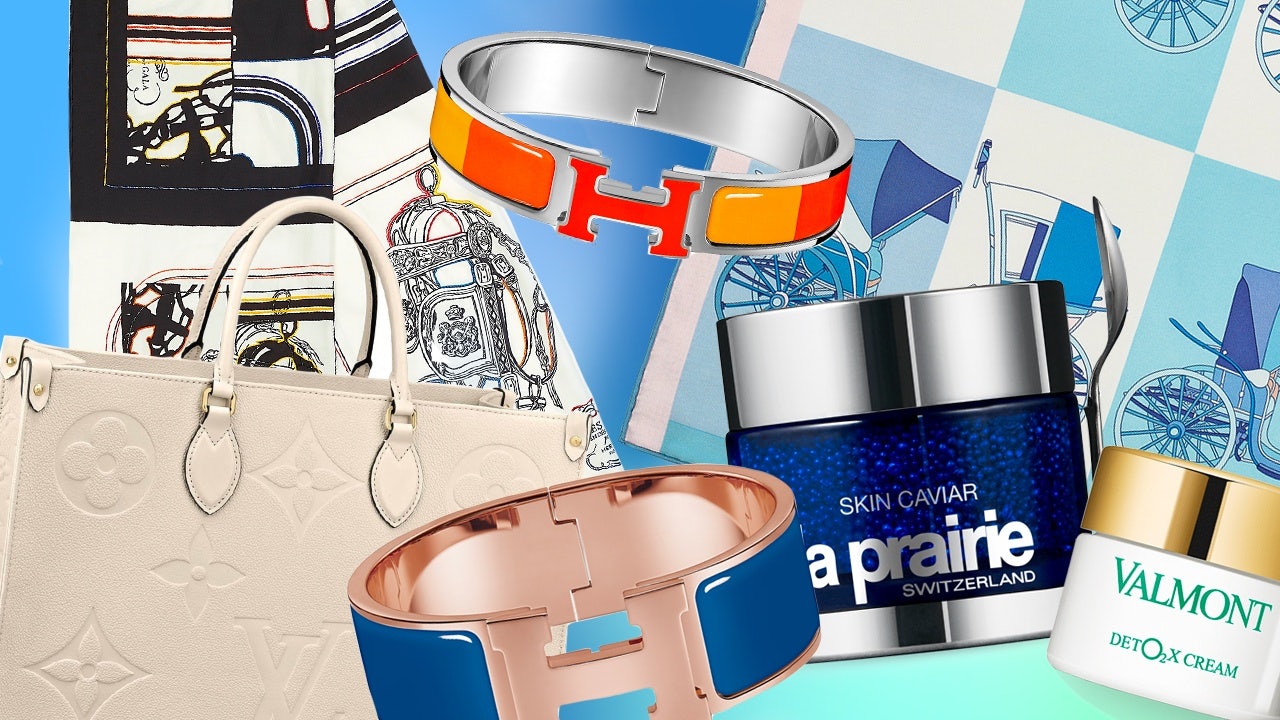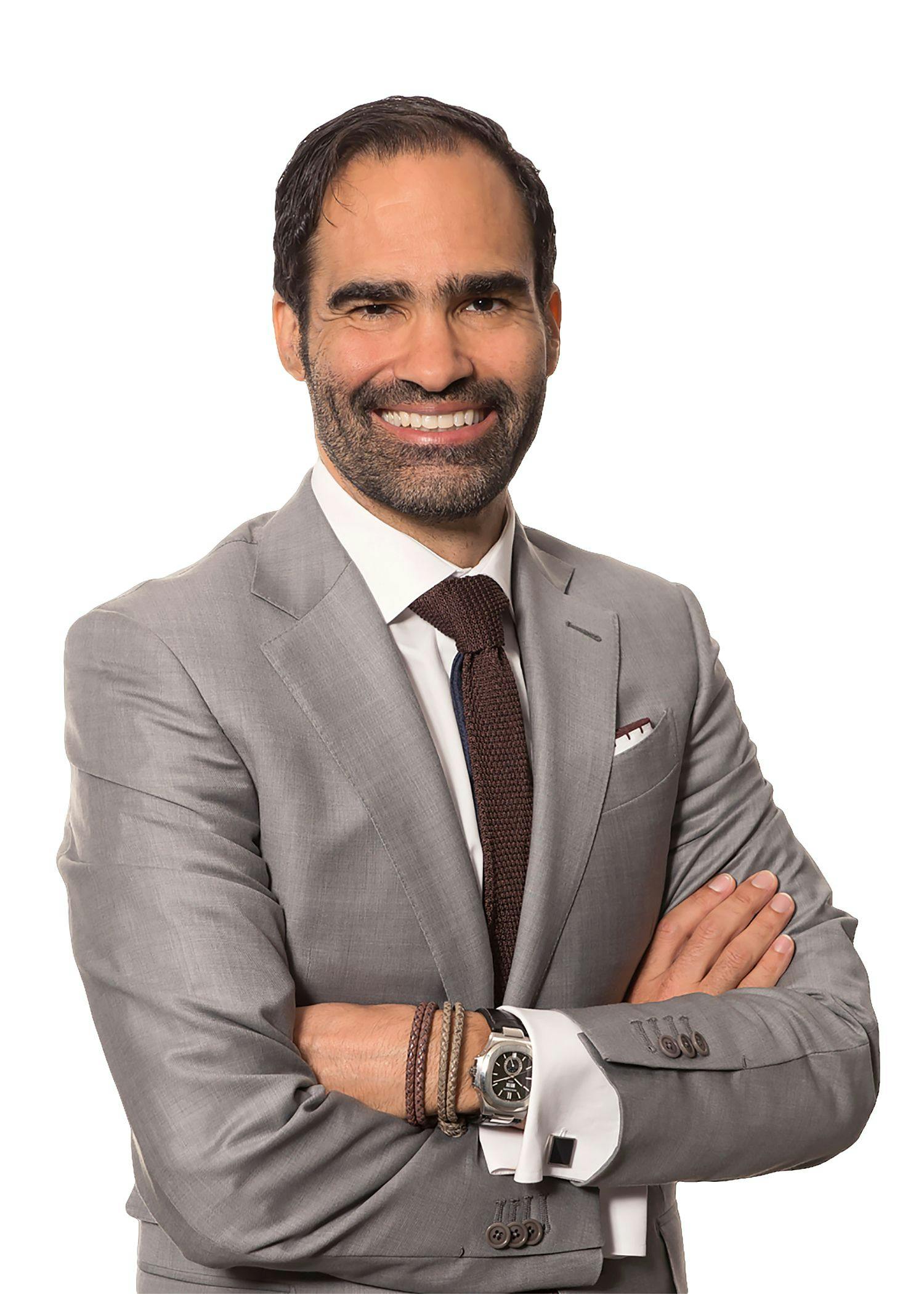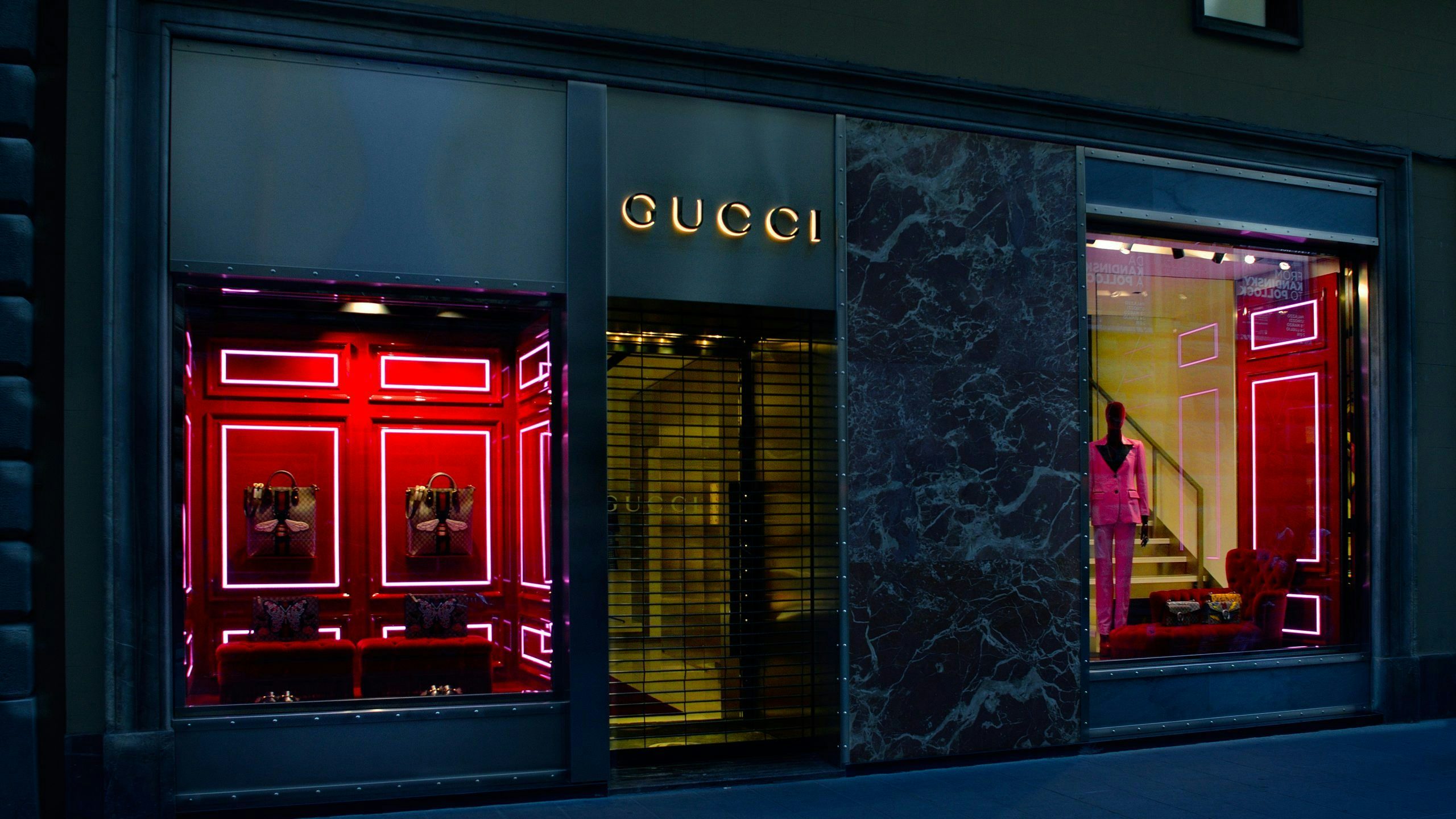Recently, I audited the experiences of multiple luxury auto, fashion, and jewelry brands to determine how they were dealing with consumers.
For the car brands, which included some of the most prestigious brands on the planet, there was one clear pattern — none of them were differentiated. From the minute I entered these dealerships, the summary of my service experiences was in a word: horrifying, especially given my expectations towards these brands.
In some cases, I was offered a glass of water or tea, but in other cases, nothing. The sales reps only gave me general information, and in no case did the staff explain anything about the brand. There was zero brand storytelling, zero inspiration for why I should buy the brand, and zero value creation, across 100 percent of the audited car dealerships. When I asked to test drive several cars, I could feel them starting to get impatient after the second drive. Each dealer tried to close the sale immediately, even though I asked them to send me information about the cars by mail because I had to leave for another appointment. And to top it off, there were no follow-ups from half the brands.
I had similar observations when I audited luxury fashion and jewelry brands, with only a few exceptions. The staff was often friendly but indifferent, and there was zero brand storytelling. Everything was just basic information about specific products, with most places failing to inspire me. They didn’t create any memories, but instead, focused on making a single transaction.
In a recent report, Équité estimated that nearly 50 percent of luxury brands won’t make it through the pandemic. Those that fail will be the brands that are labeled "luxury” and charge high price points but can’t translate their ambitions into extreme value creation. The best-managed luxury brands won't just survive; they'll grow dramatically stronger, while others disappear because they couldn’t inspire or connect with customers.
It doesn’t matter the industry —hospitality, food, beauty, fashion, and real estate — brands have to revisit their approaches toward value creation if they want to be relevant. What many brands underestimate is the speed of change and the profound magnitude of disruptions. It isn’t enough to just talk about service. When there is no service, a brand won’t make it — period.
While all brands are trying to add digital capabilities as a result of COVID-19 and accelerate their exposure in China, severe mistakes are being made across all luxury industries.
The main mistake is when brands underestimate the importance of brand positioning and storytelling. My audit findings show there was no storytelling during my physical in-store experiences. And if there’s no story, there’s no value. It’s that simple. It’s irrelevant if companies think they have a story. What’s important is how the story is perceived, and a story is only relevant if it's purpose and meaning resonate with consumers.
Brand stories like “our company is always focused on providing the most discerning customers with the best-crafted, hand-made products, imagined with passion over centuries in our historic headquarters in the Swiss mountains” are irrelevant because they provide no value. There is nothing that a “story” like this tells me about a brand’s values in a competitive set. Yet, many luxury brands still have brand stories like this. But they will soon disappear since they create no customer value, no differentiation, and no inspiration.
Companies should ask themselves why customers should buy their products. It’s a simple question, but many brands can’t answer in a way that’s distinct and differentiating from their competitors. What's more concerning is how young millennials and Gen Zers prefer brands that are compatible with their values. For this, brands need a clear purpose, yet many don't have one.
Excuses are irrelevant and even endanger many luxury brands’ survival. Now is the time for brands to act and validate their equity definitions, gain clarity on their value creation models, and fix any issues they have with brutal honesty and dedication.
Another drastic shortcoming I identify over and over again is a lack of clarity about the customer journey. As an example, I purchased a Rolex GMT Master-II some years ago, but Rolex never contacted me afterward. I never received a thank you note or any follow-up communication. When the brand recently introduced its new model that reinterprets the iconic blue-and-red “Pepsi” dial, I wasn’t informed by the brand. Why wouldn’t Rolex try to leverage an existing customer relationship and inspire me to buy another watch? Instead, the customer relationship ended at a single transaction, and I was so disappointed with the brand’s lack of interest in me, that I probably wouldn’t buy another watch from Rolex. This is just one example of many brands that treat the customer relationship transactionally rather than with a long-term value creation model.
Managing the customer journey after the purchase is one of the most critical tasks there are for brands. It determines whether or not a customer comes back, and if a brand can turn a customer into a brand ambassador — someone who’s inspired to talk about the brand all the time.
Transforming customers from one-time purchasers to brand ambassadors is of utmost importance in the digital realm. It isn't enough for brands to want to be digital or have a presence in China. Brands must take a leadership position over their competitors. In luxury, more than any other category, participation in the game isn’t enough — it’s important to win.
Brands win when they provide superior service in a distinctly branded and value-creating way — both before and after the purchase. Luxury is the business of creating memories. Sadly, most brands forget that, and in a crisis, they won’t survive. This is great news for the few brands that are playing to win.
Daniel Langer is CEO of the luxury, lifestyle and consumer brand strategy firm Équité, and the professor of luxury strategy and extreme value creation at Pepperdine University in Malibu, California. He consults some of the leading luxury brands in the world, is the author of several luxury management books, a global keynote speaker, and holds luxury masterclasses in Europe, the USA, and Asia. Follow @drlanger


